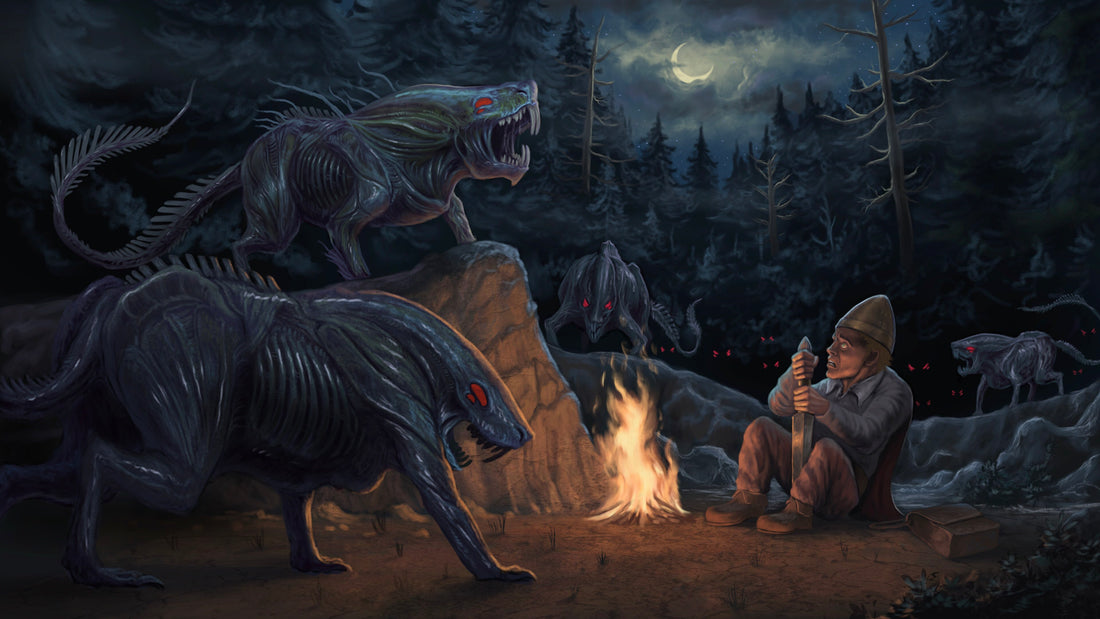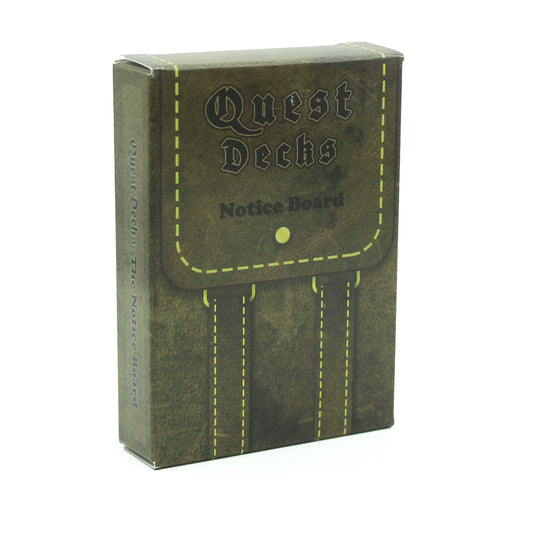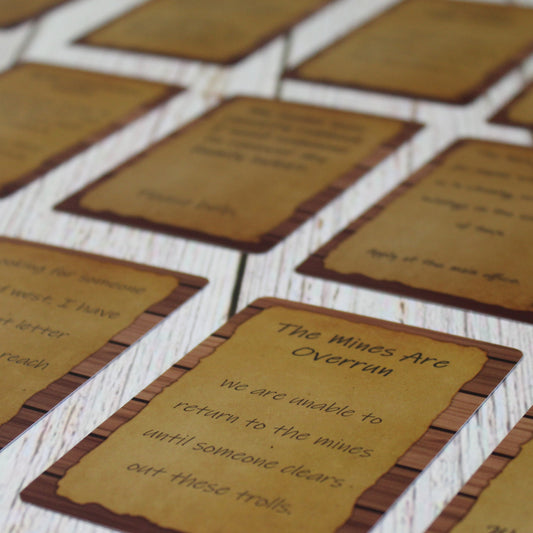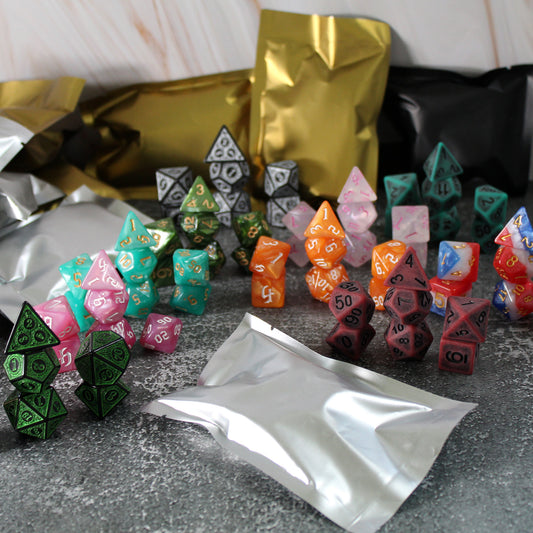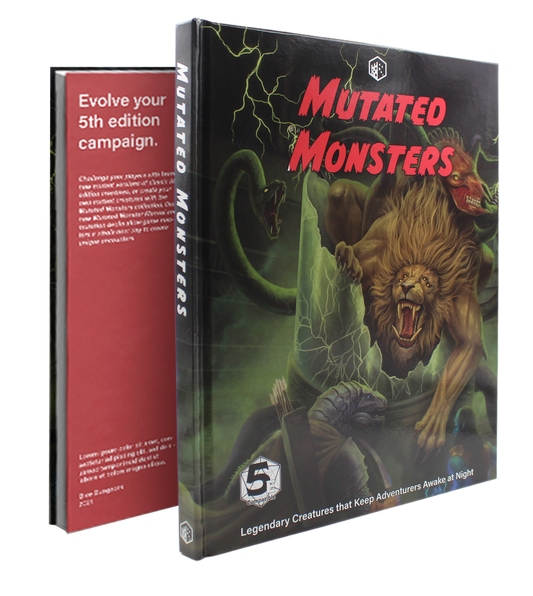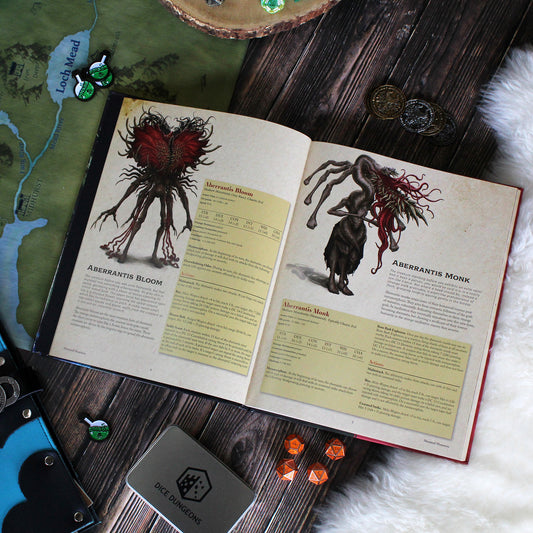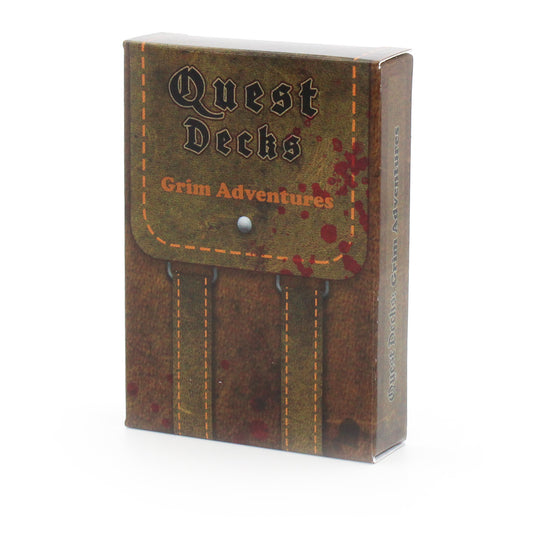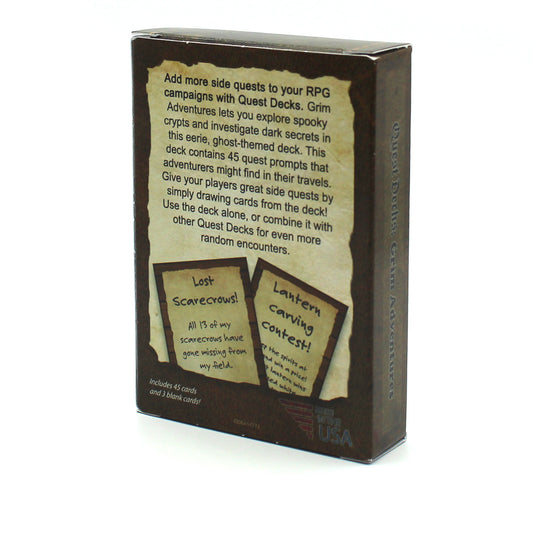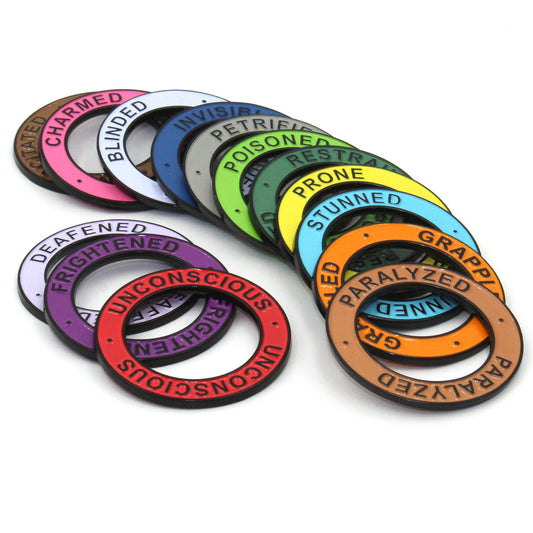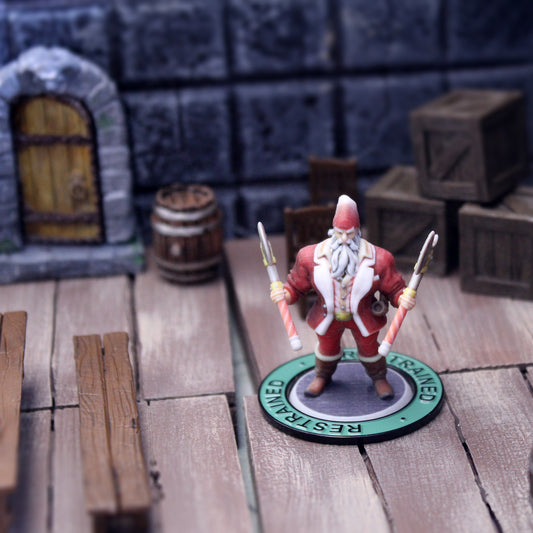Hello, esteemed Dungeon Masters! Have you noticed your players losing interest or expressing frustration with the unfolding narrative of your campaign? No need to fear! Dice Dungeons is here to provide some tips and tricks to help you design a story that fully immerses your players.
Being a Dungeon Master goes beyond creating an intriguing world, it's about involving your players in the narrative and making them feel like the heroes they are meant to be. You might be wondering, how can I achieve this and avoid the pitfalls of a frustrating storyline? Roll your trusty DM dice and let’s uncover the secrets together!
Why Don't My Players Feel Engaged in the Narrative?
Player frustration can stem from a variety of sources. It could be due to a lack of clear direction, overwhelming world-building, or feeling sidelined in the story. Understanding these issues is the first step towards crafting a narrative that captivates your players and reignites their enthusiasm.
A campaign without a clear path can make your players feel lost, confused, or aimless. Too much freedom can be just as daunting as too little. Alternatively, an overly complex world may cause information overload, while a story that doesn't allow players to be the heroes might leave them feeling insignificant and unfulfilled. By pinpointing the source of their frustrations, you can start to implement solutions that transform your campaign.

How Can I Provide My Players with Direction?
Creating a sense of direction can seem challenging, but with a few simple tools at your disposal, you can guide your players without railroading their decisions. Narrative hooks are a useful device to give your players a goal to work towards. These hooks could be a plea for help from a local, a cryptic prophecy that hints at greater things, or a quest notice pinned on the town's message board.
However, while it's important to offer these prompts, remember that D&D is a game of exploration and creativity. Allow your players the freedom to follow these hooks or venture off into the wilderness, if that's where their interest lies. A good DM creates a story that intertwines character-driven plots with larger overarching narratives.
Another critical aspect is the use of clear and meaningful consequences. The decisions your players make should influence the world around them, whether it's helping a local NPC leading to a new ally or failing to stop a villain causing a town to fall into despair. These consequences make the players feel that their actions matter and reinforce their role within the narrative.
My Players Feel Overwhelmed by My World. What Can I Do?
As a DM, it's thrilling to construct a rich, detailed world for your players to explore. However, it's crucial not to overwhelm them with extensive exposition or lore dumps. Rather than detailing your world's history in a lengthy monologue, let your players discover it organically through their experiences and interactions.
Introduce the cultures, histories, and mysteries of your world gradually, allowing them to unfold as the players explore new locations or interact with the locals. Instead of telling your players about the ancient war that shaped the kingdom, let them find a crumbling monument inscribed with old battle hymns, or meet a grizzled veteran who shares tales of his past.
Remember, immersion doesn't come from the amount of information, but from the depth of the experiences. A smaller, well-realized village with unique traditions and engaging NPCs can be more memorable than an entire continent with generic towns and cities.
How Can I Make My Players Feel Like Heroes?
It's paramount that your players feel like the main characters in their story. They should feel that their actions have significant effects, their decisions shape the world, and their characters grow and change. This can be achieved on a grand scale, such as saving a kingdom from a looming threat, or on a more personal level, like changing an NPC's life through a small act of kindness.
Take the time to delve into your players' backstories and character goals. Incorporate elements of their past into the narrative and give them personal stakes in the campaign. This might mean meeting figures from their past, exploring their hometown, or facing a nemesis from their backstory.
Balancing the spotlight among your players is also crucial. Make sure each character gets their moment to shine and that their unique skills and abilities are valued. A well-balanced narrative will have the rogue's cunning, the wizard's knowledge, the cleric's faith, and the warrior's bravery each play a vital role.

How Should I Reward My Players?
Adventuring in the world of Dungeons and Dragons isn't just about defeating foes and overcoming obstacles—it's also about reaping the rewards! As a gamemaster, it's your responsibility to provide meaningful rewards for your players' actions, achievements, and creative problem-solving.
Keep in mind that rewards extend beyond the traditional loot and experience points. While magical items and leveling up are certainly exciting, consider other forms of reward that can add depth to your campaign. Maybe their deeds have earned them a noble title, or perhaps they've garnered the loyalty of an NPC ally. Personalized rewards, like a letter from a character's estranged sibling or a clue to a personal quest, can also be incredibly fulfilling.
Rewards shouldn't always be a consequence of victory, either. Sometimes, the most meaningful rewards come from the lessons learned in failure. Remember, it's not just about rewarding success, but about encouraging growth and creativity, and celebrating the shared story you're all creating.
Lastly, don't forget to use your rewards to reinforce the impact of your players' actions in the world. If they save a town from a marauding horde of orcs, perhaps they return to find a statue built in their honor, or a yearly festival celebrated in their name. These lasting marks of their heroism serve as a powerful reminder that they are the movers and shakers in your world — true heroes of their own story.
What if My Players Struggle with the Characters in My World?
While adversarial NPCs can add tension and conflict to your campaign, it's equally important to populate your world with a variety of character types. Not every NPC should be a friend, but they shouldn't all be enemies either. A balanced mix of allies, mentors, neutral parties, and rivals can make your world feel more dynamic and realistic.
Consider introducing NPCs linked to your player characters' backstories. A mentor figure, a long-lost sibling, or a childhood friend can offer depth to the characters and open up intriguing narrative threads. Even relationships with simple townsfolk can grow over time, providing a sense of community and grounding the adventurers in the world.

How Can I Adapt to My Players' Decisions?
One of the key aspects of Dungeons and Dragons is the freedom it provides to the players. Sometimes, your players may surprise you and go completely "off script". It's important to embrace this and adapt, rather than trying to railroad them back onto your preplanned path. This is where your improvisation skills come into play.
Having a general outline for your campaign is great, but remember that it's just that — an outline. Your players will often do the unexpected, and the ability to improvise and build upon these moments can lead to some of the most memorable experiences. So when your players decide to befriend the goblin ambushers instead of fighting them, roll with it! This unexpected twist might lead to a unique story arc that you hadn't originally planned.
Shutting down the narrative when players go "off script" can be frustrating for them and may make them feel that their choices don't matter. Encourage their creative decision-making and let their actions influence the narrative. Even if this leads to mistakes or missteps, they can be great opportunities for character growth and memorable moments.
However, it's essential to balance improvisation with consistency in your world. Don't be afraid to say "no" when a player's action doesn't fit within the game world's established rules or narrative, but aim to say "yes, and..." as much as possible. This approach maintains the integrity of the game world while encouraging player agency and creativity.
In conclusion, engaging your players in the narrative is a multifaceted challenge. You're not only the world-builder but also the facilitator of your players' stories. By providing direction, offering meaningful consequences, balancing exposition, making players feel like heroes, introducing varied NPCs, and mastering the art of improvisation, you're well-equipped to craft a narrative that delights and engages your players. As always, keep your trusty DM dice from Dice Dungeons close by to guide your storytelling journey. Now go forth, Dungeon Masters! The next thrilling chapter of your campaign awaits.

